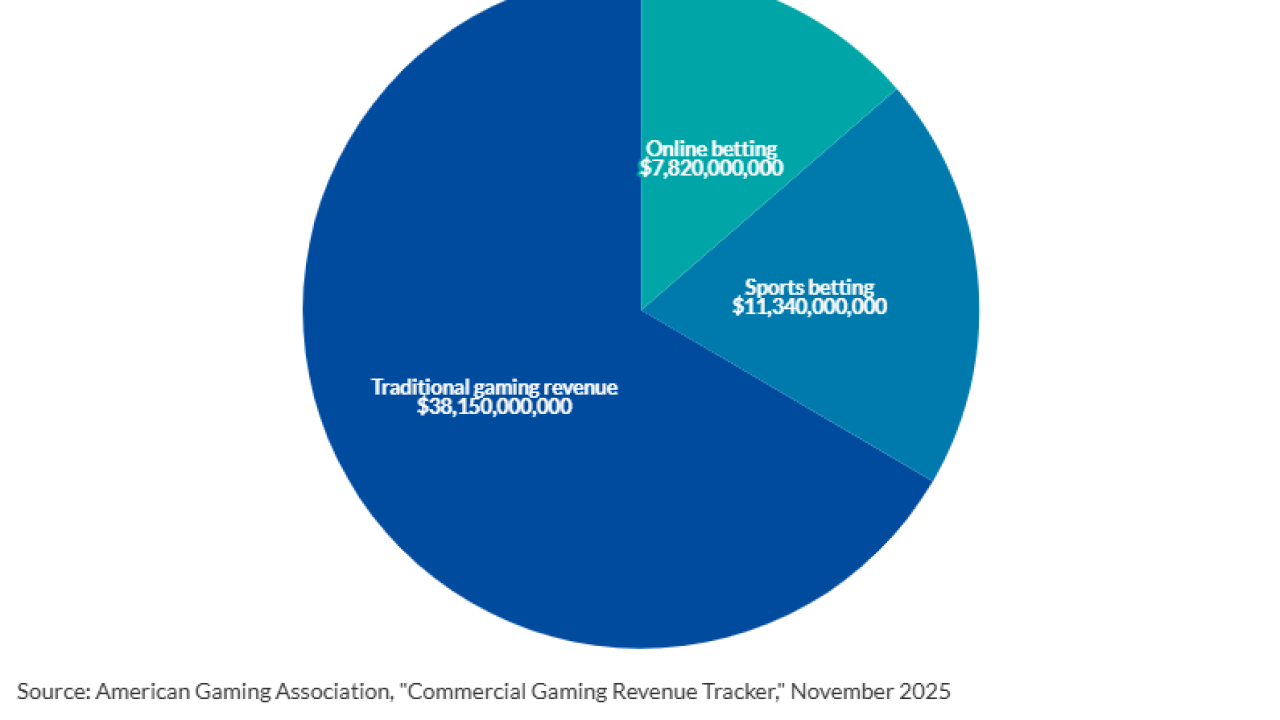The Internal Revenue Service has posted new procedures to explain how a change in tax law last year potentially affects the depreciation of residential rental property.
The year-end appropriations package that Congress passed last December came with other tax relief measures to deal with the economic fallout from the pandemic. The residential rental sector faced questions about how to deal with the eviction moratorium and a glut of available apartments in some cities as residents fled to the suburbs.

Along with that revenue procedure, on Thursday the IRS also posted
Section 1101(c) of the Bipartisan Budget Act of 2015 replaced the earlier partnership procedures under the Tax Equity and Fiscal Responsibility Act of 1982 with a centralized partnership audit regime that generally determines, assesses and collects taxes at the partnership level. The centralized partnership audit procedures apply to all partnerships, unless the partnership makes an election not to have those procedures apply. Partnerships subject to the centralized partnership audit regime are referred to as BBA partnerships. They are required to furnish a copy of the Schedule K-1 to each partner and are generally prohibited from amending the information required to be furnished to their partners after the due date of the return, unless they’re specifically allowed by the Treasury. The revenue procedure exercises the authority to allow a BBA partnership to file an amended partnership return and furnish amended Schedules K-1 under the circumstances described in the guidance.





